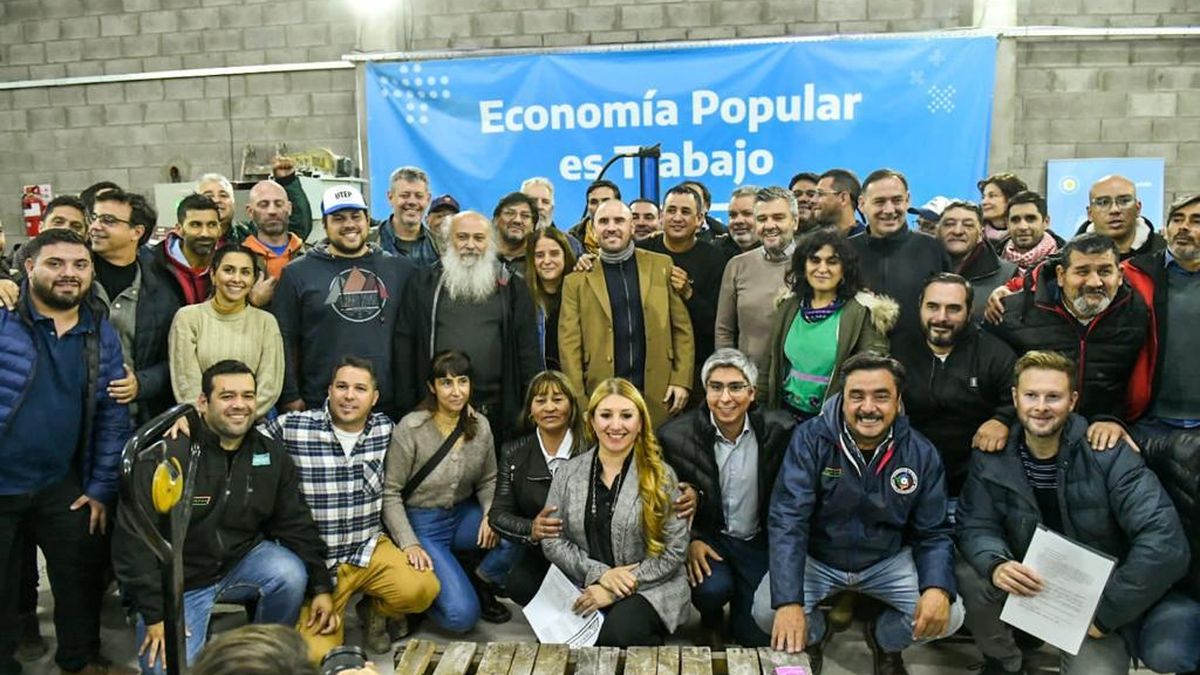That agenda is part of a deeper debate. In the Ministry of Social Development they understand that beyond the growth of the economy and the expansion that the registered private sector can achieve, there is a very wide universe of Argentines that will not be contained in that dynamic. “In the traditional economy, capital seeks labor to produce. In the popular economy, work seeks capital to increase its productive force. For this reason, these undertakings are more labor-intensive”, explains Pablo Chena, national director of Social Economy and Local Development.
The draft of the bill, which Ámbito was able to access, brings a novelty to this discussion: the role of the financial system. In this sense, it is proposed that “the entities regulated by the Central Bank of the Argentine Republic allocate a minimum of 1.5% of their non-financial private sector deposits in pesos to the granting of bank credit to productive projects with social impact presented by cooperatives and Productive Associations of the Popular Economy”.
On this point, it adds that “of this percentage, financial entities may allocate 100% to the productive financing quota established in Communication “A” 7369 of the Central Bank of the Argentine Republic and the communications that replace or modify it in the future”.
In any case, in the Government they recognize that the bulk of the credit will not come through this route, but will be linked to the creation of a Trust Fund that is also foreseen in the project. This will have as its objective “the granting of loans and the acquisition of any other financial instrument destined to the execution, financing and granting of guarantees for the execution of eligible projects in order to promote the undertakings of the Popular Economy”.
The initiative that will be presented in Congress by President Alberto Fernández also provides for a series of tax benefits. “They will be exempt from all existing taxes, rates and national contributions and to be created in the future, including the value added tax and internal taxes that may correspond,” the draft highlights.
Parallel to the modification to the Compre Argentino regime that is being discussed in Congress, the regulatory framework promoted by the Ministry of Social Development will propose a prioritization for these productive units under the name of “Compre Popular”. The plan in question has the support of Minister Guzmán who said this week: “We seek to strengthen the construction of a future in which the popular economy plays an important role.”
Source: Ambito
David William is a talented author who has made a name for himself in the world of writing. He is a professional author who writes on a wide range of topics, from general interest to opinion news. David is currently working as a writer at 24 hours worlds where he brings his unique perspective and in-depth research to his articles, making them both informative and engaging.




